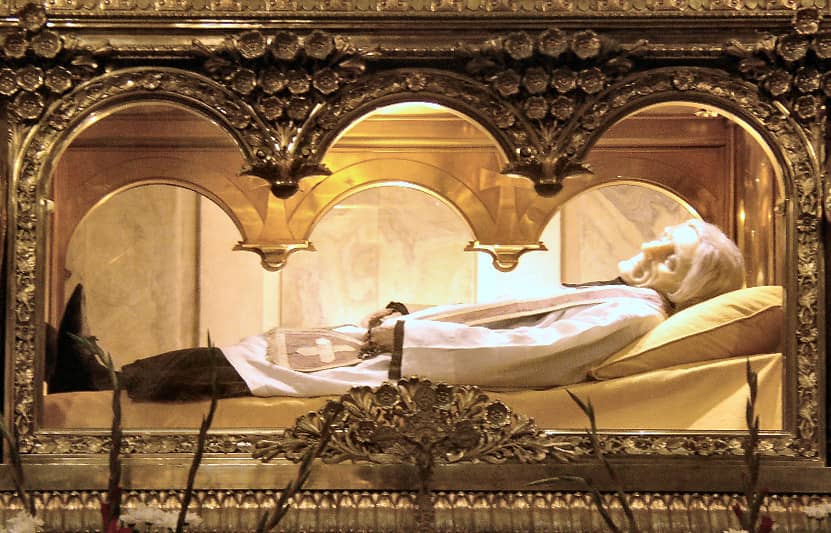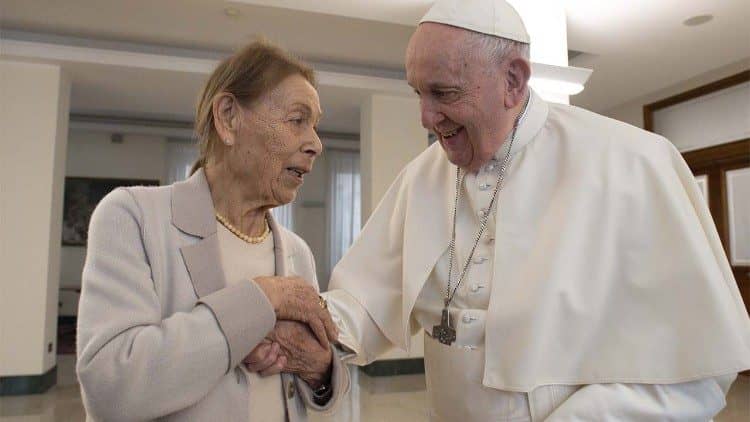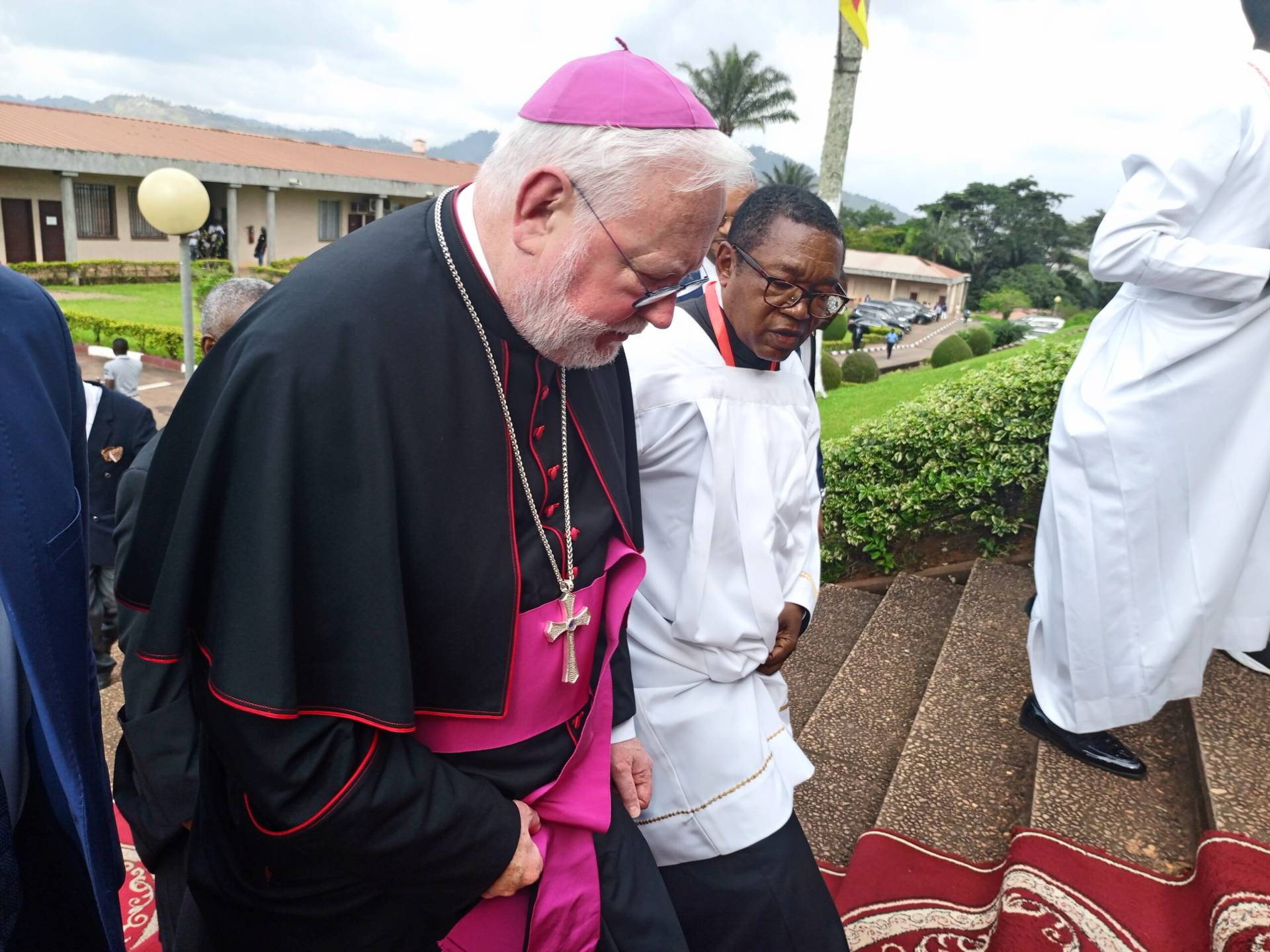The tradition of prayer can be summarized as the on-going witness and guidance of spiritual masters who seek to teach us and guide on what it means to pray and to encounter God in the interior life.
The various chapters in the Catechism of the Catholic Church consist of various articles. Each article highlights some aspect of the overall lesson of the chapter.
There are three articles in the chapter of the Catechism on the tradition of prayer. The first article is aptly entitled, “At the Wellsprings of Prayer.”
Seeking to develop the notion of a tradition of prayer, the first article elaborates on the presence and power of the Holy Spirit. The Spirit is described as a living water that refreshes our souls. As water is to the ground, so prayer is to the soul.
The Catechism teaches: “The Holy Spirit is the living water ‘welling up to eternal life’ in the heart that prays.”
The Holy Spirit is not only living water, but a living water that fills us and overflows inside the heart that wants to pray. This overflowing of this living water is the strength by which believers can be an instrument of grace, healing, and hope to others. It is how the Holy Spirit works in and through the soul of the person who loves God and who hungers and thirsts for holiness.
It is an overly common belief for many to think that they are the ones who initiate prayer and the good works that come from it. Spiritual wisdom, however, reminds us – and foot stomps – the foundational truth that it is the Holy Spirit that begins and completes the life of prayer and good works in us and through us.
It is the Holy Spirit who is constantly moving and yearning to bring forth the kingdom of God in our hearts and, through us, into our world today. Our task is to give a constant and generous “yes” to whatever the Holy Spirit prompts or inspires within us.
The Catechism continues: “[The Holy Spirit] is he who teaches us to accept [the living water] at its source: Christ.”
By welcoming the Lord Jesus into our hearts through the ministry of the Holy Spirit, we allow the work of the Lord to be done. It is such openness that allows us to abandon the small worlds we create for ourselves and embrace the infinite horizon that comes with faith and trust in the Lord.
This path of accepting the Lord Jesus and living his life is not a remote or disjointed activity. It involves practical actions and ways of walking his way.
The Catechism teaches: “Indeed in the Christian life there are several wellsprings where Christ awaits us to enable us to drink of the Holy Spirit.”
The several wellsprings are present to meet and guide the various dimensions of our life, some are personal and others are public, some are meditative and others are vocal, some are eternal and others are temporal. There are many wellsprings that touch and motivate different parts of our lives that are given so that we can encounter, follow, and love more faithfully the one Lord of all.
The Catechism lists some of the various wellspring given by the Holy Spirit: the Word of God, the liturgy of the Church, the theological virtues, and the “Today” of life.
The Catechism explores each of these different wellsprings and gives a teaching on each one.
As we seek to grow in our relationship with God and in the personal and vital relationship called prayer, we are invited to look at these wellsprings and to use them to order our interior life and welcome the grace of God to work more generously in our lives.
As a journey consists of multiple steps, so also the spiritual life. And in this series of wellsprings, the Church is pointing out some of the tested and proven steps to take. Each step will affect people differently, but each step has been proven and each can help everyone to draw closer to the living God.
Wisdom calls us to show deference to the journey of those before us. It summons us to humility and to trust the experience of others, especially the band of those who have mastered the interior life and whose witness and teachings have become wellsprings identified and stressed by the Church.
Such wellsprings have been blessed and given to us by the Holy Spirit, and it’s prudent for us to follow them.

















